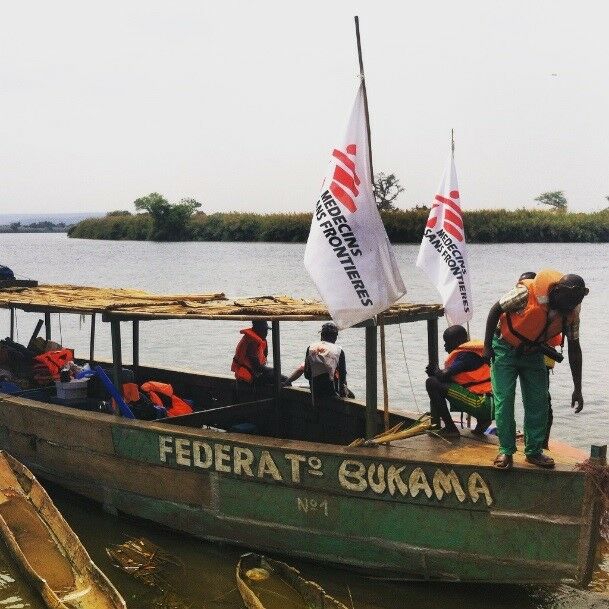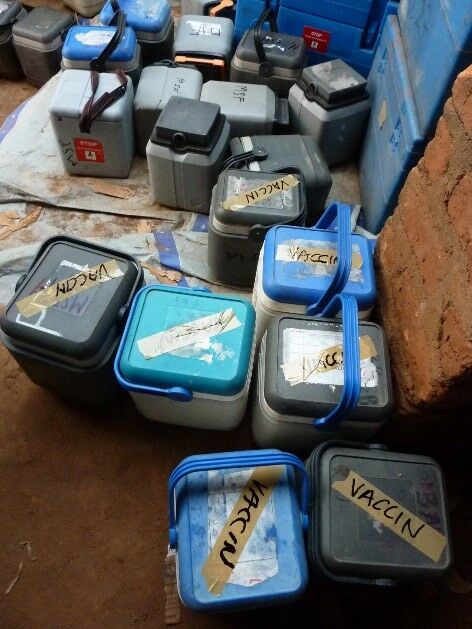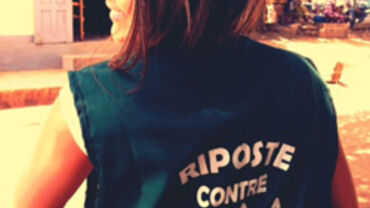Measles in the Democratic Republic of Congo
A postcard from the field by Viktor Dahl, EPIET cohort 2013
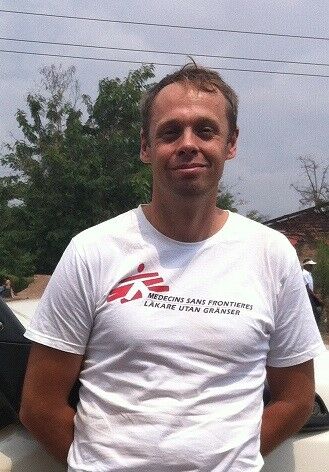
I flew over the savannah, in the south of the Democratic Republic of Congo (DRC) in a small aircraft sitting next to an American pilot. He was navigating with a map that he had on his lap; quite different from flying with the big commercial airline from Stockholm to Lubumbashi a few days before.
When we touched down on a dirt road airstrip in the middle of nowhere, we were greeted by dozens of children and a few MSF (Médecins Sans Frontières) land cruisers.
My mission was to carry out a vaccination coverage survey. Measles outbreaks are frequent in DRC since the routine vaccination programme does not cover a sufficient number of children. In Bukama, where I landed, MSF had vaccinated close to 100,000 children in three weeks, in response to a measles outbreak. My job was to try to find out if this vaccination campaign covered a sufficient number of children in the area, and learn what works and does not work for future campaigns.
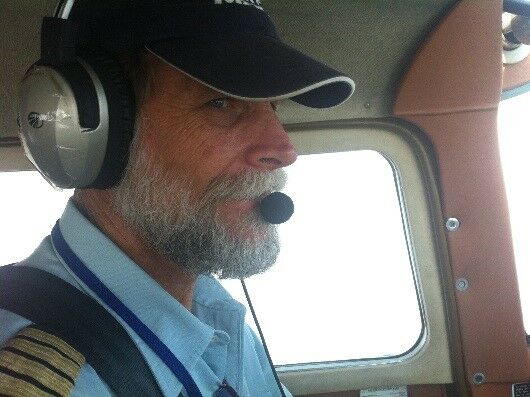
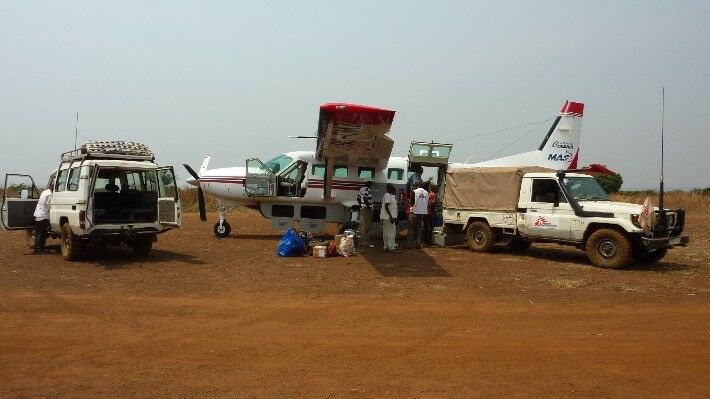
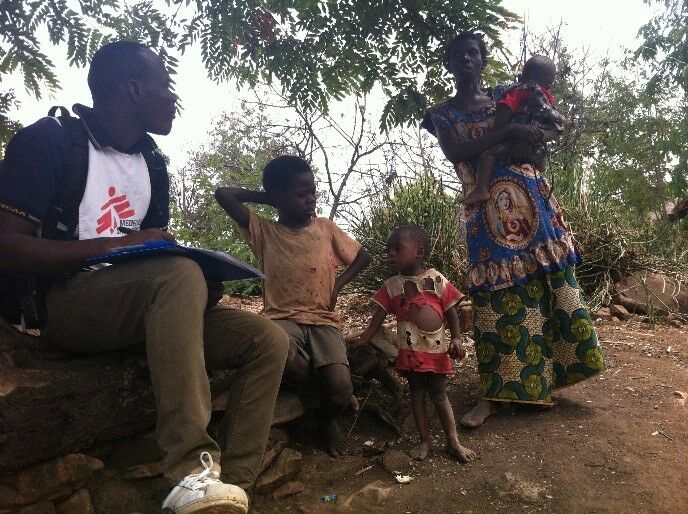
We recruited and trained 16 data collectors who visited randomly selected households to ask about the vaccination status of the children and, if the children were unvaccinated, reasons for non-vaccination. Our results indicated that the coverage was comparable to that in Sweden which was pretty amazing, given the circumstances in which the vaccination teams had to travel: by car, motorcycle, and boat along the Congo river, in order to reach everybody and still maintain the cold-chain required for the vaccine.
After a month in Bukama, we closed the base and headed back to the permanent base in Lubumbashi. The journey that took me an hour by plane when I first arrived, now took two days on a poor road. But the drivers were experienced and we never got stuck, despite the fact that the rainy season had already begun and the pot holes were full of water.
Overall, working for MSF was a great experience. I had a great adventure and learned a lot of epidemiology, but perhaps more importantly, I got the chance to help an organization that helps those most in need.
